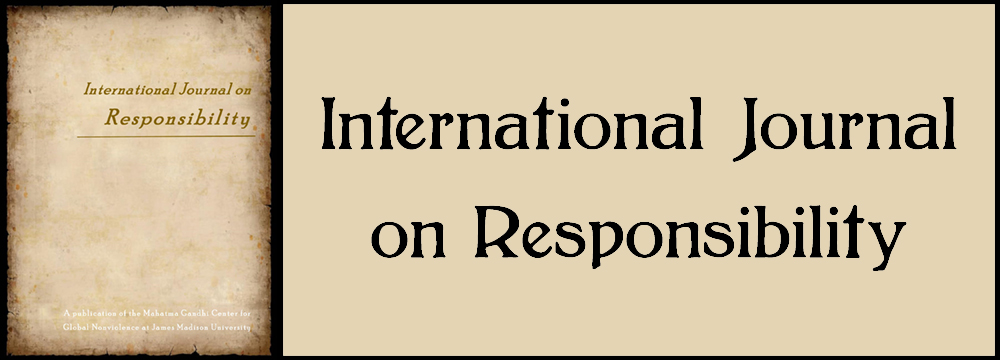
Abstract
In late November of 2022, faculty continuing to navigate the considerable teaching and research challenges posed by the ongoing COVID-19 pandemic were confronted with another existential problem: the juggernaut known as ChatGPT. This article will examine the academy’s response to this sudden intrusion of Large Language Models (LLMs) into classrooms, workplaces, and daily life, with a focus on interrogating the responsibility of and to instructors of first-year composition. I argue that the breathless calls to reinvent courses, assignments, and syllabus policies to “accommodate” LLMs play into a normative system and may pose additional barriers to success for students, including those who are neurodivergent, as well as for new instructors and contingent faculty. Moreover, without mindful consideration at the programmatic level about where usage of such tools does—and does not—belong in curricula, composition instructors run the risk of innovating their courses and even the discipline beyond recognition.
Type of Issue
Regular issue
Recommended Citation
DeRise, Danielle
(2024)
"Will I Even Teach Writing Anymore? An Examination of First-Year Writing Faculty’s Responsibility to Teach About or With ChatGPT,"
International Journal on Responsibility: Vol. 7:
Iss.
1, Article 3.
DOI: https://doi.org/10.62365/2576-0955.1108
Available at:
https://commons.lib.jmu.edu/ijr/vol7/iss1/3
DOI
10.62365/2576-0955.1108
Creative Commons License

This work is licensed under a Creative Commons Attribution-NonCommercial-Share Alike 4.0 International License.
Included in
Applied Ethics Commons, Curriculum and Instruction Commons, Higher Education Commons, Rhetoric and Composition Commons


